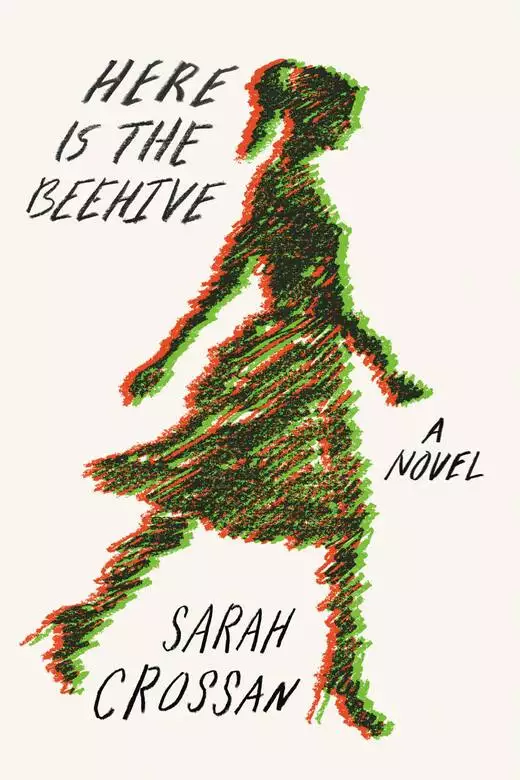The only way
We hope you are enjoying the book so far. To continue reading...
Here Is The Beehive
Sarah Crossan
Copyright © 2026 All Rights Reserved
Close
